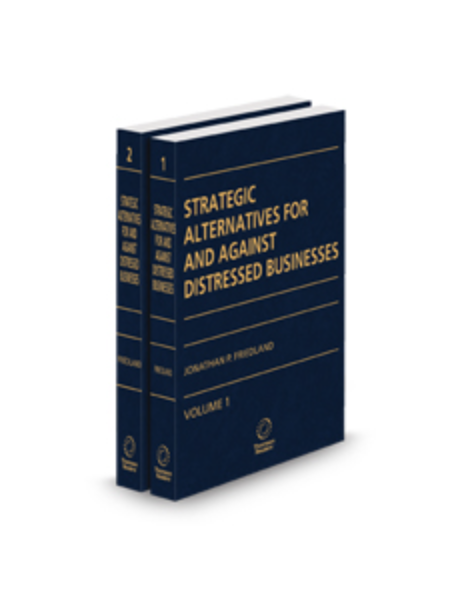Urban Parks Are Essential Infrastructure
Although most parks are owned by government entities, often a municipality or special-purpose district, many are operated and maintained through public-private partnerships between the government entity and a nonprofit organization. While often overlooked or taken for granted, parks and park focused nonprofits make serious impacts in their communities. Parks serve as infrastructure that facilitates community resiliency through providing health, social, economic, and environmental benefits; they are able to have this impact because of the work of public-private partnerships across the United States.
During the COVID-19 pandemic, parks have shown their importance for promoting health and social benefits in communities. When nearly all day to day activities were canceled due to the pandemic, many people, especially those in densely populated areas, desired to do an activity outside wherever they were sheltering in place. For many, parks offered more space to relax, opportunities for exercise when gyms were closed, reconnection with nature, and the ability to do all of this, and much more, safely. While it is difficult to measure the impact parks had on happiness, reducing stress, and other factors, it’s widely agreed that for many, especially those in apartments or crowded households, the opportunity to get outside was essential to promoting health and social well being during the COVID-19 pandemic.
In addition to providing health and social benefits, parks also create economic benefits for communities. Parks are desirable features of a community, especially in cities where residents typically live in apartments and want access to outdoor space for recreation. Businesses that are expanding into new cities look for attractive areas. Quality of life is increasingly becoming a primary focus of businesses and employees alike. Safe, beautiful, and accessible spaces for outdoor recreation facilitate this quality of life factor. Their attractiveness not only grants social and aesthetic benefits but also financial benefits. Well maintained parks with lots of activities increase property values in the surrounding areas. In addition to creating indirect economic benefits, parks are economic features on their own. In terms of employment, the outdoor recreation industry, of which parks are an essential feature, ranks higher than the oil and gas industry and the real estate industry.
Parks are versatile entities as they offer social, health, economic, as well as environmental and city planning benefits. Parks make a positive impact on the environment, creating greener and more resilient cities. As infrastructure, parks provide natural solutions, rather than building unnatural ones, to challenges facing city planners. Parks serve as natural solutions to stormwater runoff or flooding. This reduces the amount of costly infrastructure that would otherwise have to be built in many cities. Parks also preserve beautiful, green spaces rather than replacing them with concrete and steel infrastructure. In Atlanta, Georgia, a $40 million infrastructure plan to build a large reservoir for stormwater under a parking lot was scrapped in favor of green space with above ground, natural water reservoirs with waterfalls and fountains. The new plan cost $24 million, creating a beautiful multipurpose space while saving the city tens of millions of dollars. The ability of parks to improve cities is abundantly clear in this example especially when the added benefits are considered and compared to the original, non-park, plan. Property values will rise, citizens can access a space providing social benefits, and important public funds were saved.
The Bottom Line
Parks, often supported heavily by nonprofits and their donors, are critical features of the United States and desirable places in many communities. Americans were recently forced to shelter in place over the last several months, and many realized the value of parks more than ever as socially distanced, outdoor recreation became highly sought after by everyone sick of starting another baking recipe or Netflix series in the home. Parks, particularly in urban areas, have become a lifeline for millions of people across the world. Outside of pandemic-related activities, parks have long created essential infrastructure that allows cities to function well while adding to their beauty and economic success.
Using their experience with public-private partnerships, nonprofits, small businesses, and serving as executives in every category for 30+ years, the NMBL team is prepared to help your nonprofit or small business maximize its impact. Reach out to NMBL Strategies today to hear more about what we have to offer.





